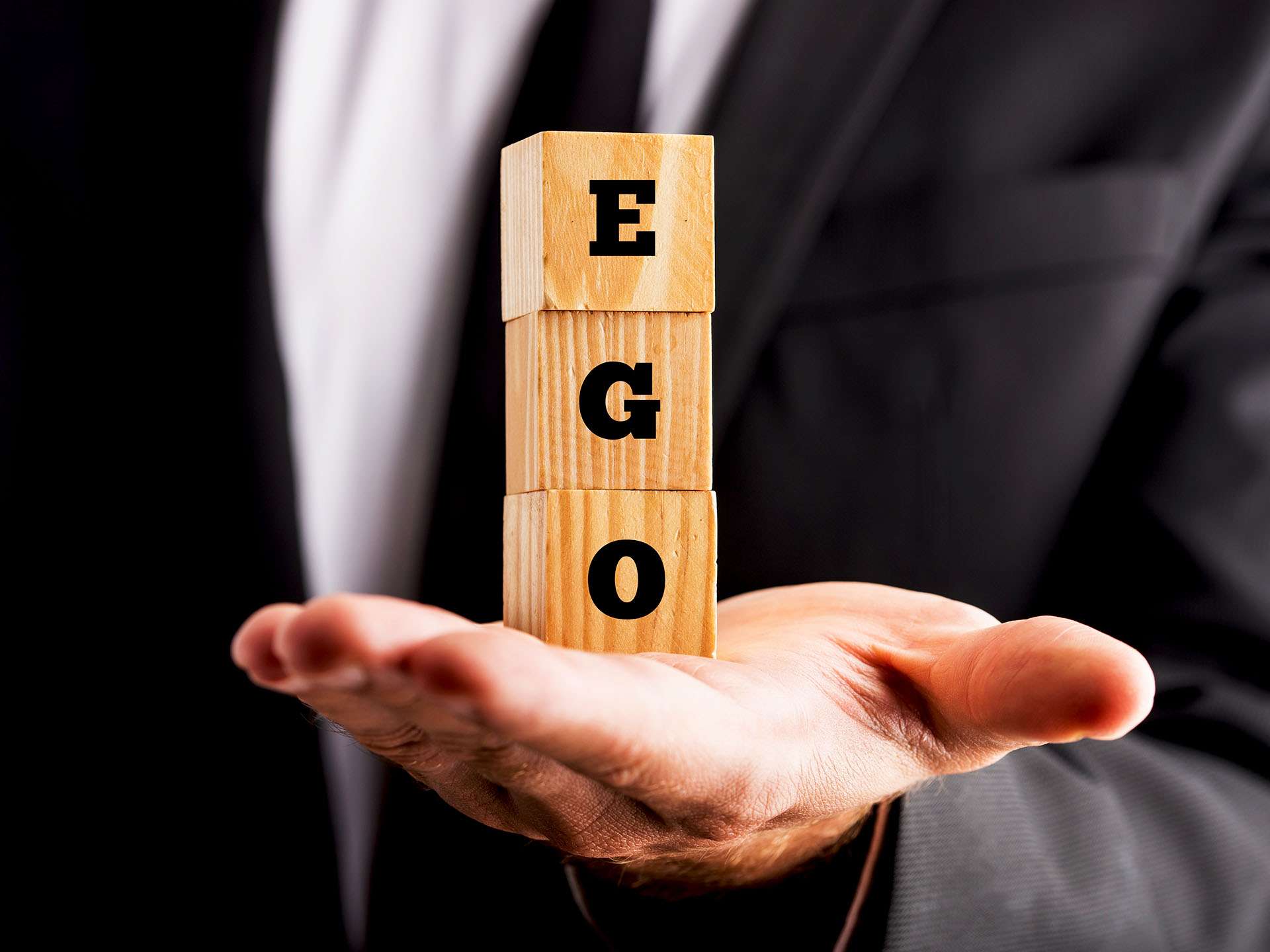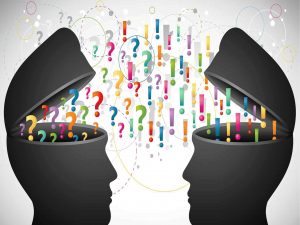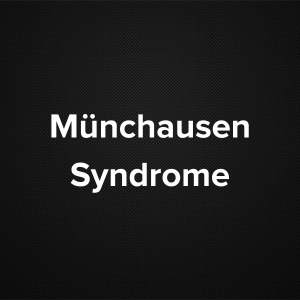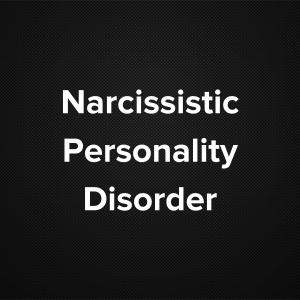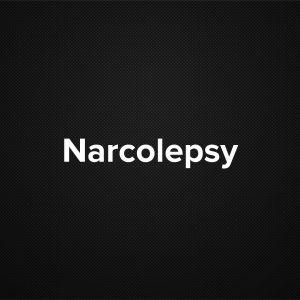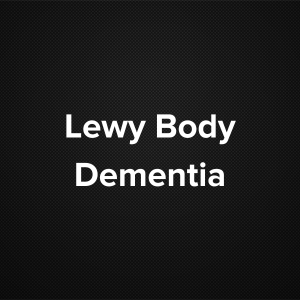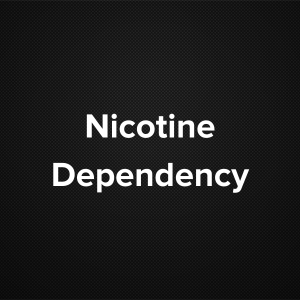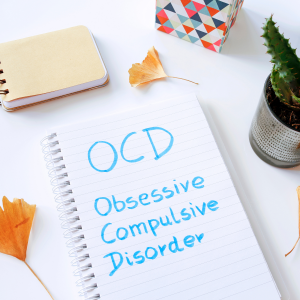Understanding the nature of your relationship is the first step towards unfolding the cause of any relationship issues.
If you realize that you are only with a person because of common interests, then it is time to holistically look at the person- to see the person as a human being and not as a being that has these likes and dislikes. In seeing the person as a human being, you will recognize that he/she is constantly evolving because of the experiences they are going through and in expecting their likes and dislikes to stay unchanged is to expect for time to stop and to not accept the reality.
Issues of a relationship are much like symptoms of an illness rooted in ‘a cause’ or multiple causes – one of these could be the presence of an ego-imbalance in the relationship. An imbalance of egos refers to the lack of harmony between the ego of those involved in a relationship, as a result clashes and discomfort might arise. That you have an ego is not a problem- however, when your ego intends for the relationship to be shaped in a certain way (expecting and demanding a pattern) – then, you obstruct the participation of the other, which results in feelings of anxiety and lack of freedom.
Here is a list of symptoms that hint that an ego-imbalance is present in the relationship:
- Fights are considered normal: Do you believe that it is alright and normal to fight in a relationship? The idea that it is fine to fight is one of the prime symptoms, that you are ignoring a deeper issue in your relationship. It is alright for there to be differences; however, differences only turn into fights when there is a lack of honest engagement with the differences to understand them. Fights do not necessarily mean those accompanied by screams and shrieks; they could be a form of cold war where both of you are not ready to communicate with one another about the issue, but merely pretend as though things are okay after a period of time.
- Low scope of acceptance of differences: You realize that your child has interests which you do not approve of – maybe of rock music or of wearing certain kinds of clothes – and you dismiss his interests and advise him to take up other set of likes. In not accepting the differences, are you not closing your eyes to the reality of who your child is? Even if you advised your child patiently about whom he ought to be, would you not be only superficially forcing a pattern of living on him? If you feel that the other ought not to be the way he is, then it is a red flag for an ego issue.
- You feel stifled as though you were not being allowed to do what you want: Do you feel as though you are not able to be who you are in the relation? Because being who you are would result in fights or disapproval? This is a sign that you are probably in a relationship with ego-imbalance.
Beneath these set of symptoms also lie the lack of communication, and sometimes, a tendency towards pretending happiness, which in actuality, there is only dissatisfaction.
Treatment of the ego-imbalance
Here are ways in which you can resolve the ego-imbalance in your relationship:
- Acceptance and Mediation: Acceptance of changes that occur in the person is a prerequisite to being able to relate to a person. If you do not accept what the person is, then you are only relating to the idea of the person and not the person himself/herself. So, accept the reality of who the person is completely without any compromise. Then, learn to mediate with the differences which conflict with you. To not dismiss but to engage and discover the reasons for existence of those differences will help you to find the root cause of a troubling behavior or to realize that you have just been prejudiced towards a certain behavior after all.
- Honest Communication: In mediating what you feel, make sure you communicate with complete honesty without decorating your thoughts. Be honest and straightforward. However, remember that straightforward does not necessarily imply rudeness. Straightforwardness is the acknowledgment of the fact that the other is capable of making decisions, and therefore, to not manipulate them.
- Let the Other Grow: Recognize who the other is and let him/her become who they are. Guide and be there for any challenges that they might face on the way to becoming themselves. However, realize that guiding is distinct from instructing.
- The base of your relationship is compassion which allows the relationship to grow continually: Let the basis of your relationship be compassion which continually evolves and lets you become who you are.
The use of the analogy of illness is only for purpose of convenience. Every relationship is unique and has its own set of intricate working. This analogy can only be used as a form for looking into your relationship and the problems related to it.
